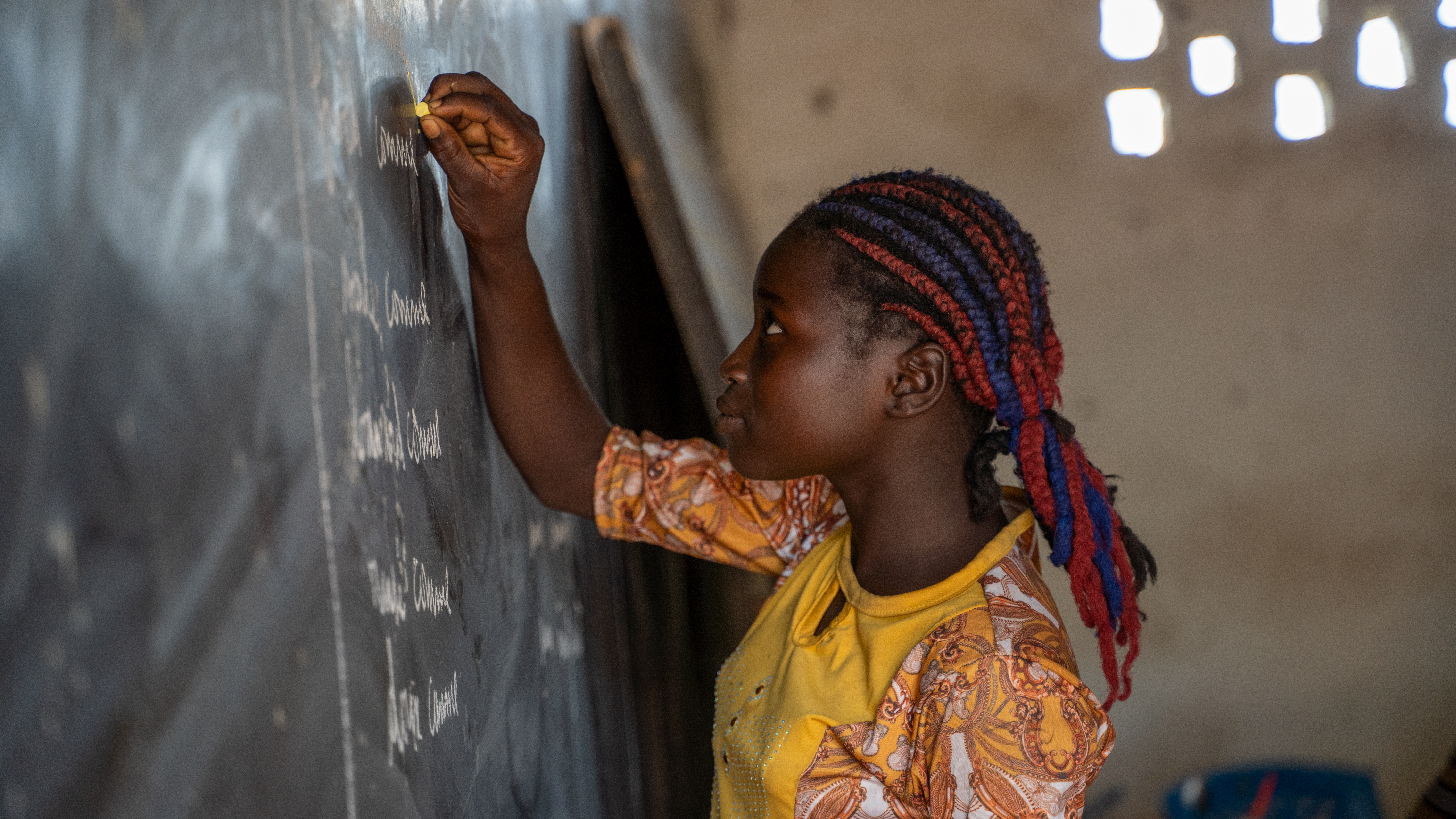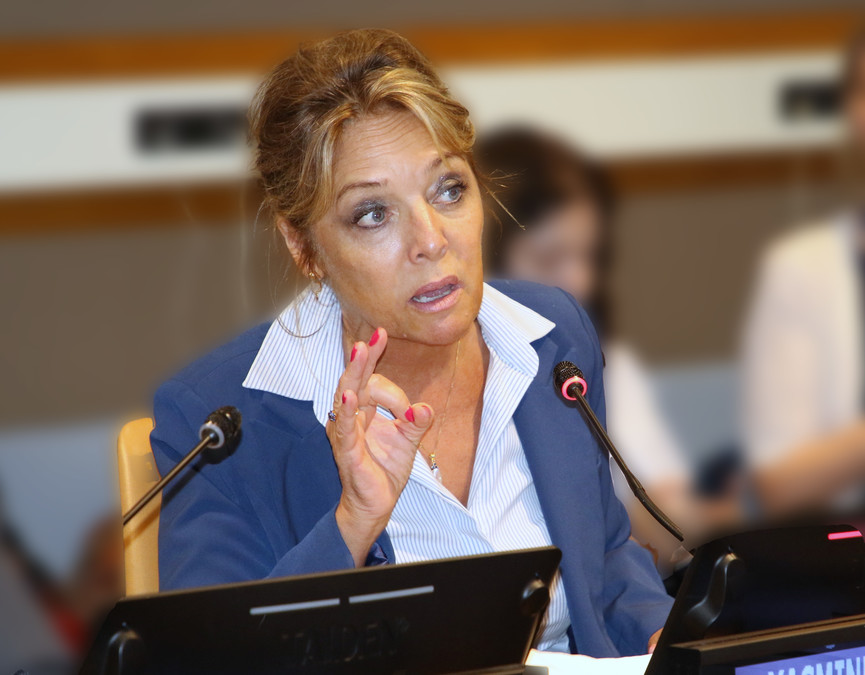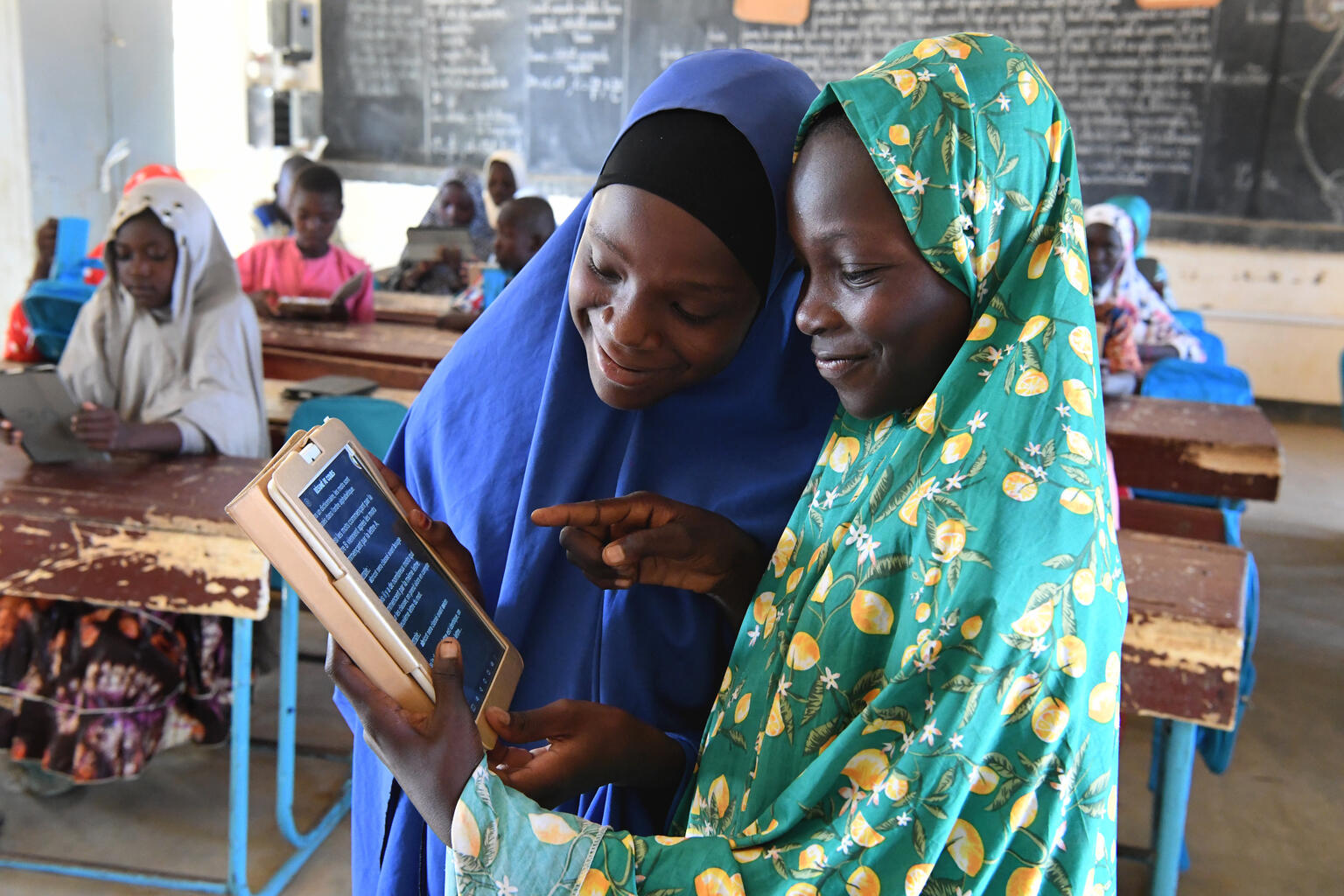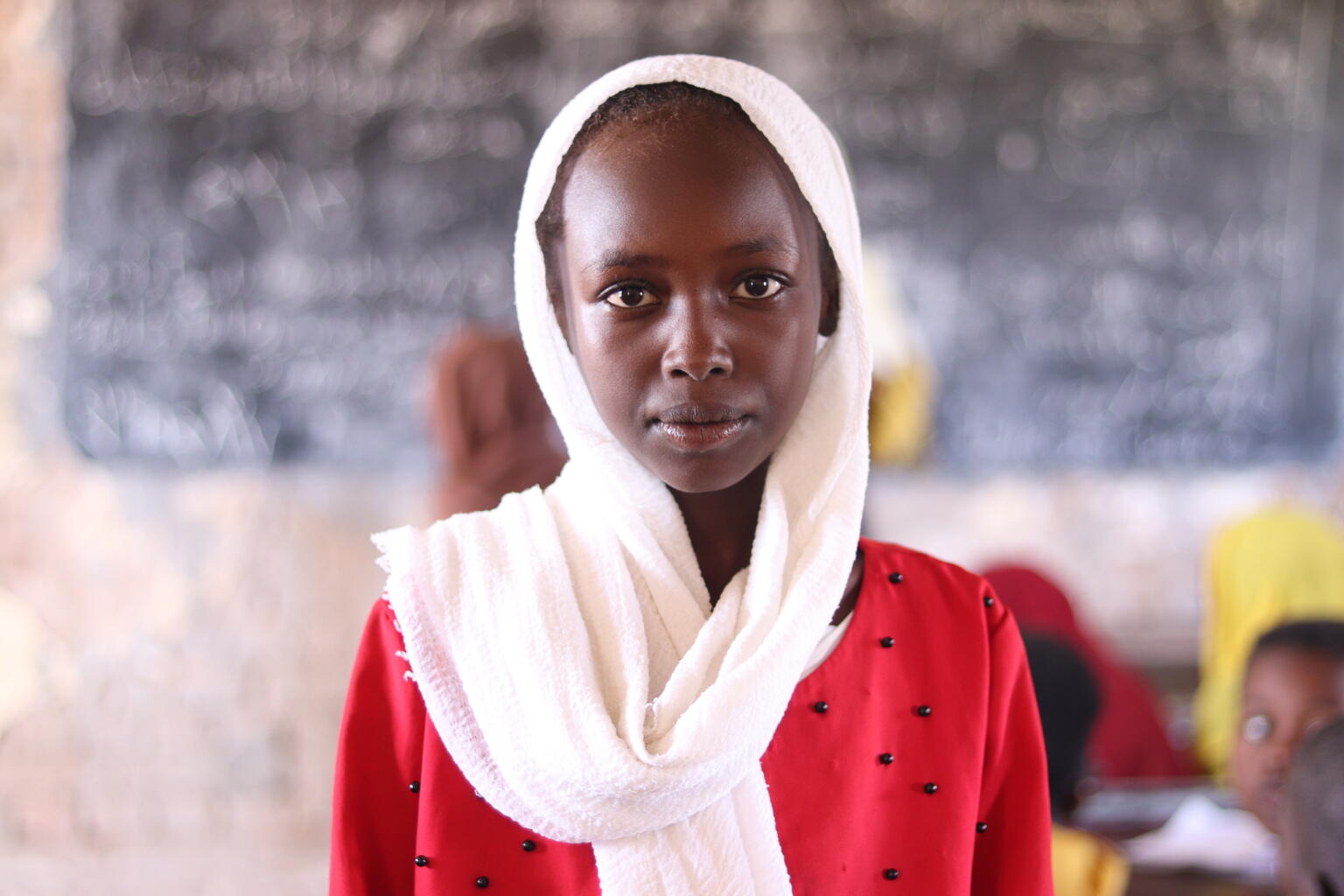Action. Unity. Impact.

Global Refugee Forum Statement by ECW Executive Director Yasmine Sherif
Today at the Global Refugee Forum, we reaffirm our commitment to alleviate human suffering and serve humanity. We stand with refugee children and adolescents everywhere. We will steadfastly continue to work with all our partners and invest in a quality education that provides knowledge, skills, mental health and psychosocial support, school meals, water and sanitation, as well as protection.
As part of this commitment, Education Cannot Wait (ECW), as the global fund for education in emergencies and protracted crises, is pledging to invest at least US$500 million in refugee education over the next four years, contingent upon ECW raising at least US$1.5 billion for its new Strategic Plan. By doing so, ECW will reach 5 million refugees worldwide.
ECW’s support will be geared towards addressing the most immediate and urgent needs through temporary education programmes – as well as supporting long-term stability through inclusion of refugees and refugee teachers in national education systems, in ways that respect their diverse needs, abilities and capacities.
We cannot do it alone. To build on this work, the Government of Denmark has committed an additional DKK40 million (approximately US$6 million) towards Education Cannot Wait’s investments in Niger. The Government of Japan is also announcing a US$3 million grant that will help provide safe and protective learning environments for children that have been forcibly displaced in the war in Ukraine. We welcome Japan as a G7 leader to the ECW family, and look forward to strengthened collaboration and support in the years to come.
Together with other contributions by our strategic donors, and through working with government partners, UN partners such as UNHCR and other UN agencies, civil society and other key stakeholders, ECW will mobilize a total of US$1.5 billion by 2026, allowing us to reach 20 million crisis-impacted children and adolescents through our holistic education investments.
This is a crisis that impacts us all. The global level of forced displacement is reaching all-time highs. The number of people forced to flee their homes due to armed conflict and climate-induced disasters has increased every year over the past decade – to roughly 115 million people today. That’s more than the total populations of Canada, Denmark, Italy and Switzerland combined.
Together with all our partners, ECW must act with speed and agility to restore education as quickly as possible for refugee children and adolescents, to minimize learning losses and restore a sense of normalcy for girls and boys whose lives have been torn apart by armed conflicts, persecution and climate-induced disasters.
This is what we did as South Sudanese refugees arrived in Uganda, Rohingya refugees in Bangladesh and Venezuelan refugees in Colombia. This is what we are doing in response to the brutal conflict in Sudan. Through our First Emergency Responses, we jointly provide education to refugee children and adolescents uprooted by the war, and their host communities in the Central African Republic, Chad, Egypt, Ethiopia and South Sudan.
At the same time, it is critically important to ensure that refugees, including refugee teachers, are included in national education systems and that we ensure sustainability. Together with our partners, we work closely with refugee-hosting countries such as Chad, Colombia, the Democratic Republic of the Congo, Ethiopia, Uganda, Lebanon, and many others to help develop policies and frameworks that support and facilitate inclusion, while also alleviating the pressure on national education systems by making additional investments in the formal sector.
In delivering on the Sustainable Development Goals, especially SDG4 – the foundation of all sustainable development goals – we are committed to advancing inclusion across all our investments. To bridge the humanitarian-development-peace nexus, our multi-year investments connect immediate humanitarian response plans with medium and long-term national sector strategies.
Ultimately, refugee inclusion is not only an opportunity to strengthen national education systems for refugees and host community children and adolescents. It is an opportunity to ignite change through empowering those whose extraordinary resilience will help all of us to advance human evolution in science, technology, medicine and the arts, just to mention a few. The greatest minds and souls are to be found in refugees and those who have offered them refuge.
Since operations commenced in 2017, almost one-third of the children ECW has reached are refugees. We will not stop.
As a member of the Leadership Group and a longstanding partner of UNHCR, we wholeheartedly support the multi-stakeholder pledge made at this year’s Global Refugee Forum, along with the various thematic pledges that have been developed under the auspices of the Education Alliance – including pledges towards early childhood development, education in emergencies, gender, mental health and psychosocial support, secondary education and teachers.
With our own individual pledge, we are coming in strongly behind the education mega-pledge issued during the Global Refugee Forum, articulating what we as ECW can and will do to help achieve our shared vision.
To make good on the commitments outlined in the 2030 Agenda for Sustainable Development, the 1951 Refugee Convention and its 1967 Protocol, the Convention on the Rights of the Child, and other binding international accords, world leaders must step up to do more for the world’s refugee children and adolescents. Their only dream is a safe place to call home, their only hope is an education. And our own hope lies with them…




